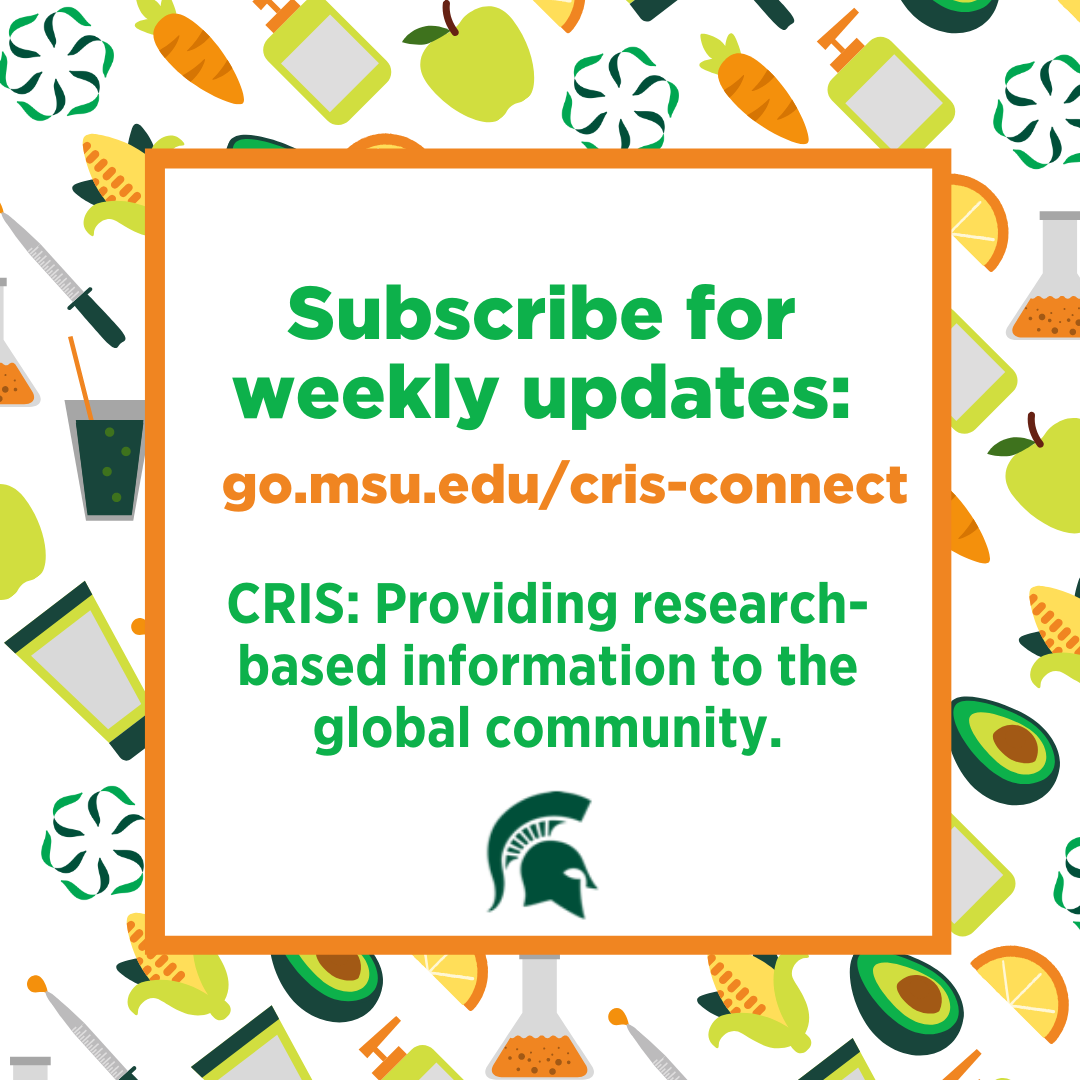Everyday Toxicology – Digging Deeper, Supplement & Medicine Safety
In previous blog posts, we've discussed the importance of dose and dose-rate and how our bodies absorb, process, and eliminate ingredients. In this post, we'll discuss supplements and drug safety.

What are supplements?
Supplements are the many different types of dietary aids we can consume. Often, they are in the form of oral pills or products like beverages or foods.
Supplements can be anything from a simple vitamin or mineral taken in a pill to a complex mixture of vitamins, botanicals, and natural and artificial flavors in a shake to an amino acid eaten as a gummy.
While the U.S. FDA and FTC regulate supplement ingredients and manufacturers' claims to an extent, the  products have not been evaluated for curative properties. This means supplements are not assessed as medical drugs and are not held to the same standards as pharmaceutical drugs.
products have not been evaluated for curative properties. This means supplements are not assessed as medical drugs and are not held to the same standards as pharmaceutical drugs.
While supplements are not medical drugs, the ingredients in supplements will still be absorbed, processed, and eliminated by the body, and supplements can contain potent ingredients that can impact health. Additionally, untested supplements can contain impurities that can be harmful, the FDA and NIH recommend using supplements tested for quality.
What are medicines?
In the USA, medicines are drugs that the FDA has evaluated and approved to diagnose, cure, mitigate, treat, or prevent disease. Medications undergo intense clinical trials and research to ensure they are safe and that the medical professionals and patients understand a drug's benefits, risks, possible interactions, and side effects.
All medications, over-the-counter and prescription, are evaluated for efficacy (i.e., how well do they produce the desired outcome) and safety before they become available to the public.
Do I need to take a supplement, drug, and other ingredients into consideration when taking them together?
Dose and dose-rate are critical when consuming any individual drug, supplement, or ingredient to ensure we are not receiving too much or too little (even water!).
However, our bodies are only able to process so much of an ingredient at one point in time, so we need to take all of the supplements, drugs, and ingredients we're consuming into consideration to avoid potential over-dosage or interactions.
What causes an over-dosage?
All ingredients, whether in the form of food, beverages, supplements, drugs, or more, are absorbed, processed, and eliminated by the organs in our body. While our organs are incredibly efficient at processing ingredients, they can only handle a certain amount of an ingredient at once before reaching capacity. When our organs reach capacity, we can experience adverse health outcomes.
Let's think of this like a sink drain. If you fill up your sink with water faster than the sink can drain, eventually, the sink will reach capacity and overflow. While our organs are certainly NOT sinks, you can get a sense that our organs only have so much capacity to process and distribute ingredients.
It's essential to pay attention to dose and dose-rates to help prevent any accidental harm by unintentional overdose.
What causes an interaction?
Again, all ingredients, whether in the form of food, beverages, supplements, drugs, or more, are absorbed, processed, and eliminated by the organs in our body.
Many ingredients will use the same organs when being absorbed, processed, and eliminated in the body. This means they can reach capacity faster when processing numerous ingredients, medications, supplements, and more at the same time.
For example, an ingredient like grapefruit juice can reduce the body's ability to process other ingredients like specific medical drugs. If we think of it like our sink, it's like reducing the size of the sink while the water is running; thus, reaching capacity faster and overflowing the sink.
Reading drug packaging information, researching supplements and ingredients, and, most importantly, talking with a medical professional can help prevent any harmful interactions.
What do I need to take into consideration?
Before taking supplements, drugs, and other potentially potent ingredients together, you need to take into consideration how the body will process these ingredients.
Most individuals are not medical professionals and will not know the risks associated with a specific drug, supplement, or other ingredient combination. So, it's essential to talk with a state-licensed, credentialed medical physician or pharmacist before starting a supplement, drug, or dietary regime.
What does it all mean?
As we've discussed in prior posts, doses, dose-rates, and more are critical to ensuring health. It's equally important to inform your medical professional of the drugs, supplements, or other potent ingredients you may be taking to prevent any unintentional overdoses or interactions.
Never miss an update, join our weekly email list:



 Print
Print Email
Email




